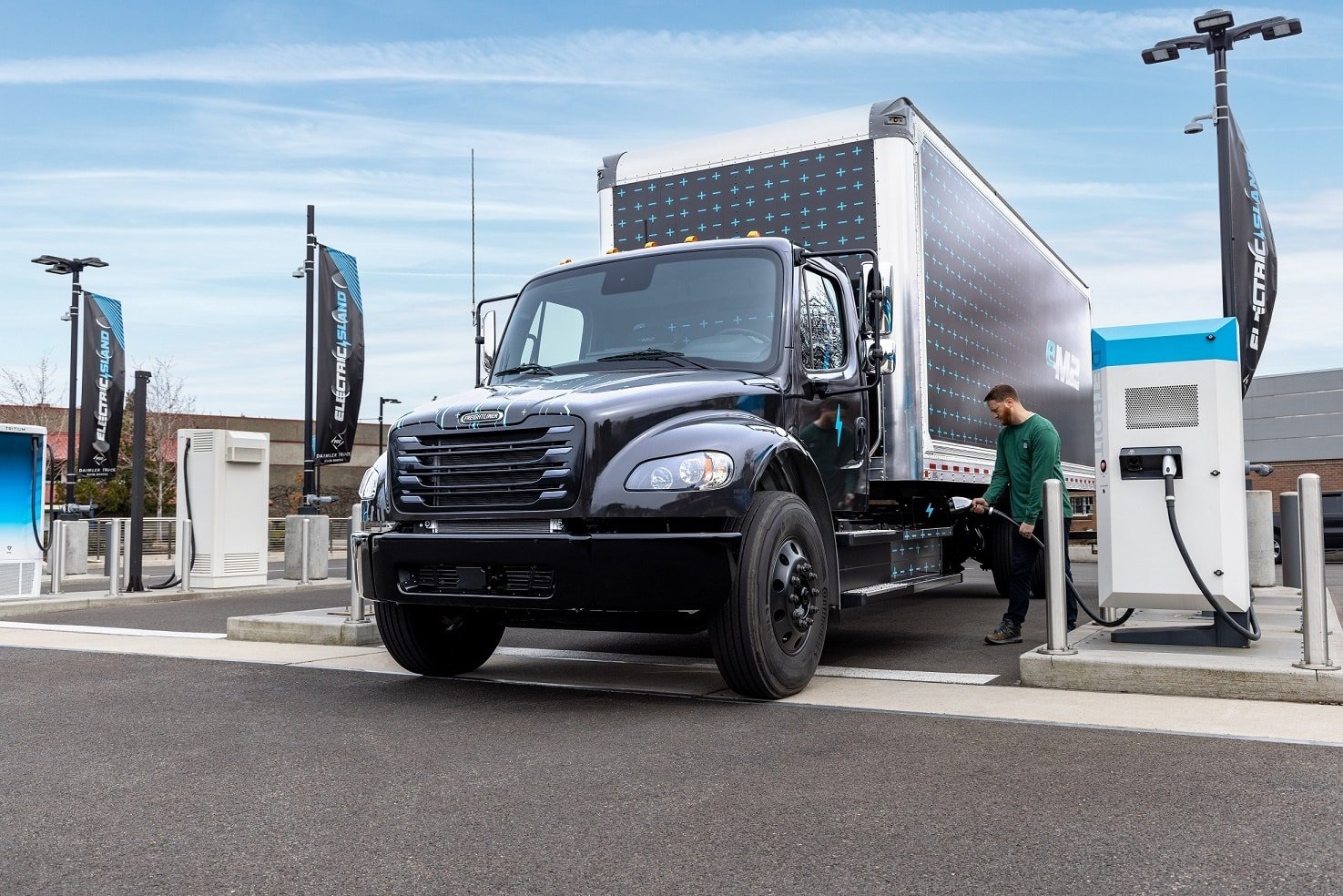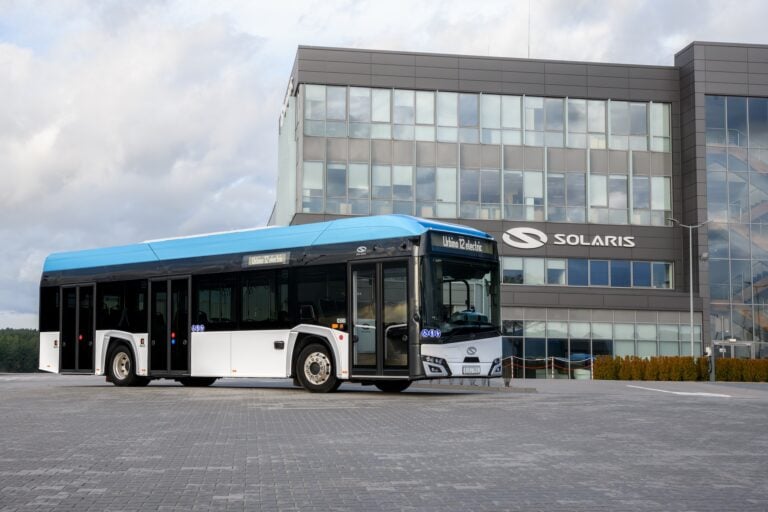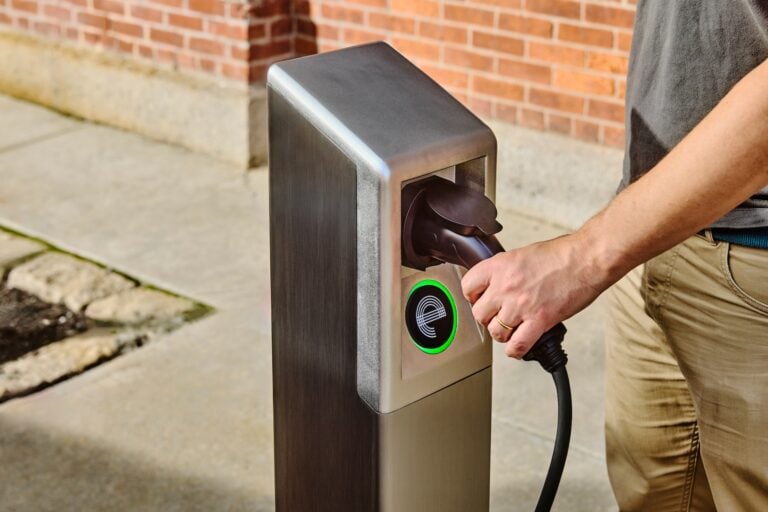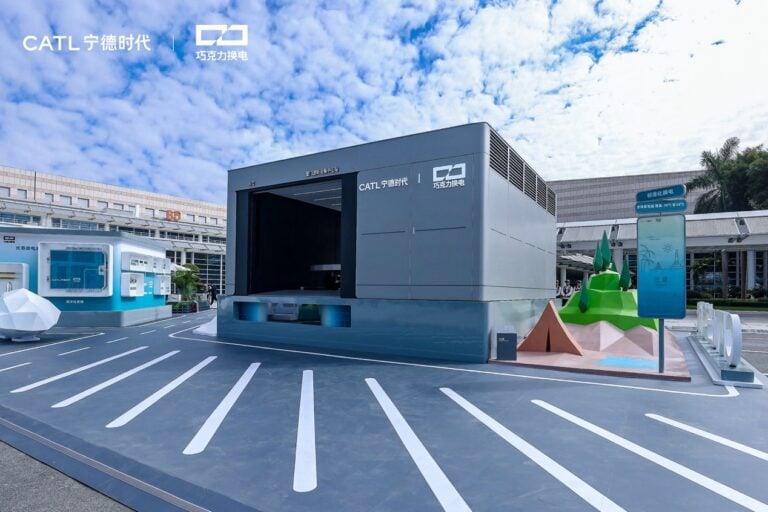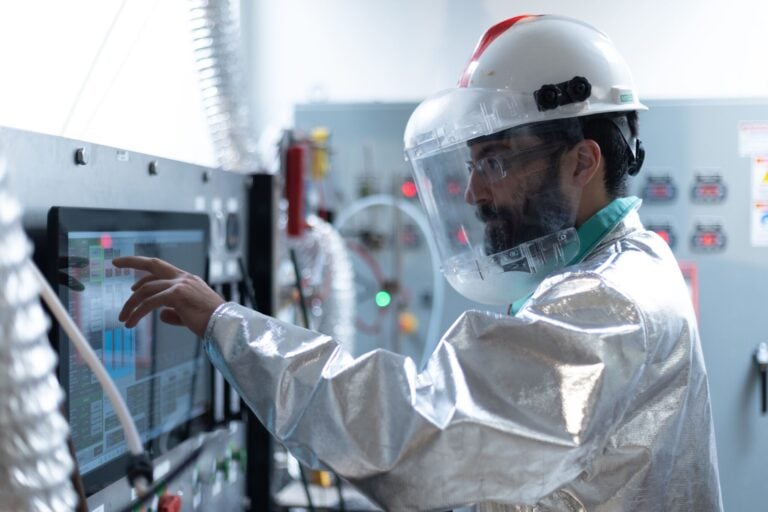What’s Happening
The State of Michigan is setting the stage for the evolution of truck stops and electric vehicle (EV) innovation through the introduction of a new project, the Mobility Charging Hub. This initiative, supported by partnerships with industry leader Daimler Truck North America (DTNA) and DTE Energy, aims to modernize truck stops and expedite the transition of companies to electric commercial vehicles.
Why It Matters
The increasing prevalence of EVs necessitates the transformation of traditional truck stop models. The Mobility Charging Hub project targets this demand by creating an innovation hub that offers digital services, tests new technologies, and forms novel business models, thus fostering the mass deployment of commercial EVs. This initiative holds significant potential for generating new revenue streams, creating jobs, and transforming urban, suburban, and rural spaces into sustainable assets.
Key Points
The Michigan administration has earmarked $13,000,000 to support the Mobility Charging Hub’s development, attract partnerships, and facilitate EV-related innovations. The project has also garnered an $8,500,000 federal grant from the Rebuilding American Infrastructure with Sustainability and Equity (RAISE) program, allocated to the Department of Labor and Economic Opportunity.
The first phase of the project will focus on establishing the core EV charging infrastructure. DTE Energy will handle the operation of key aspects of the Mobility Charging Hub, including EV charging solutions, solar canopies, and energy storage systems. Upon successful execution of the first phase, the Hub aims to serve as a platform for future innovation testing.
Bottom Line
The Mobility Charging Hub represents a significant step towards accelerating the transition to EVs on a grand scale, shaping the future of freight, and establishing Michigan as a leader in mobility and electrification. As it does so, this project will generate substantial opportunities for commercial partnerships, job creation, and revenue generation. This innovative endeavor will strengthen Michigan’s position as a global automotive leader while reshaping the transportation infrastructure for a sustainable future.

